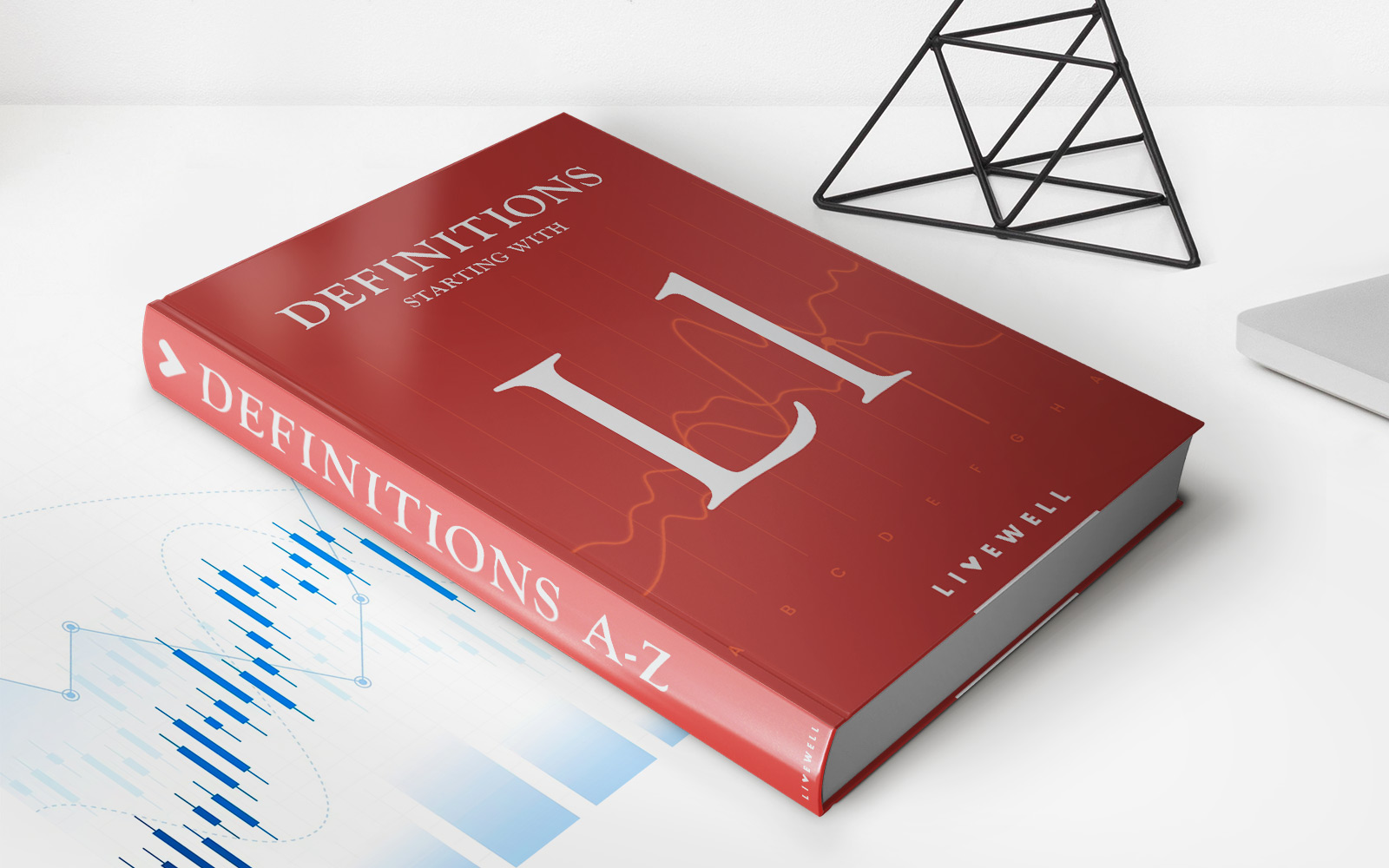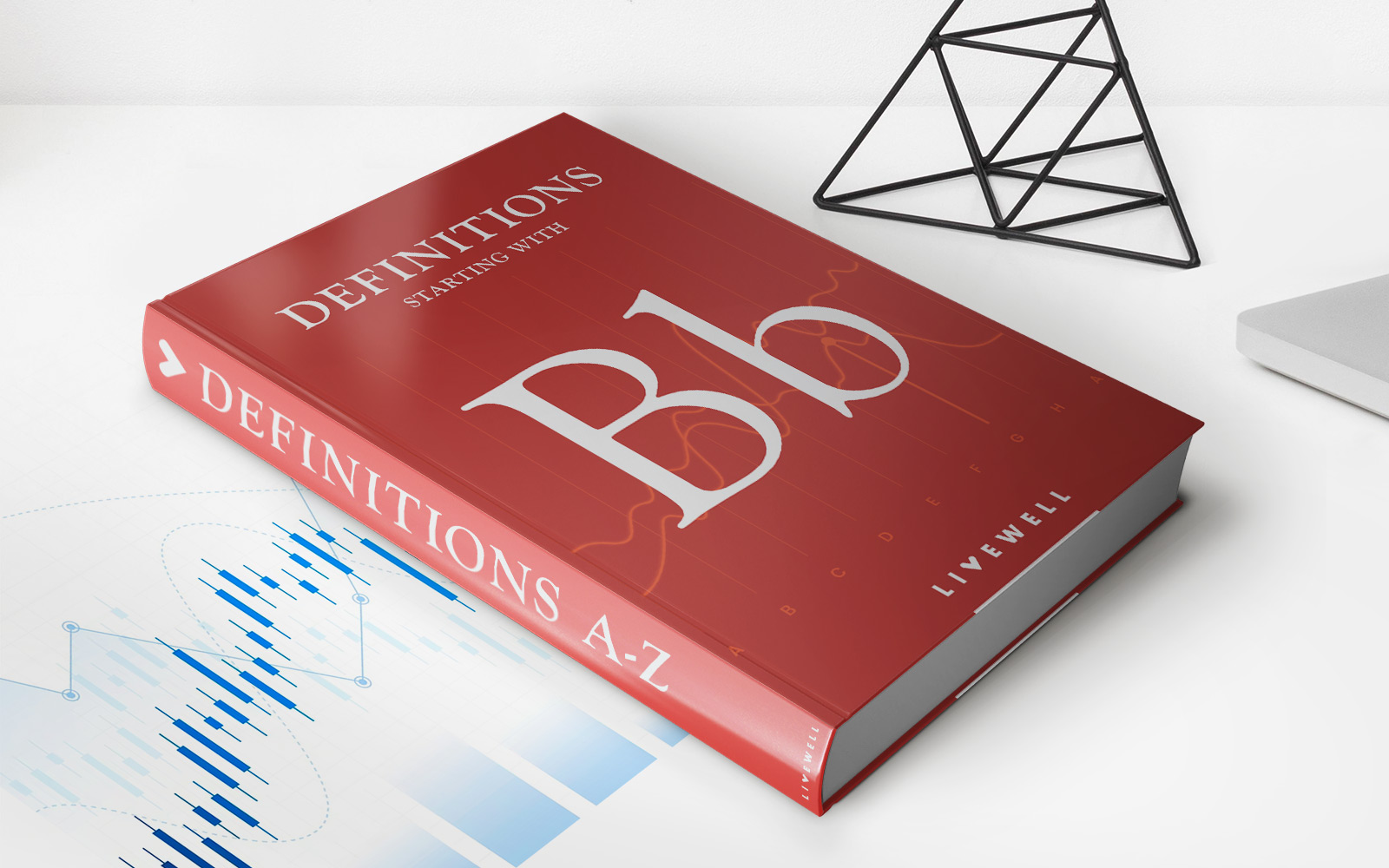

Finance
Who Doesn’t Need Life Insurance?
Published: October 14, 2023
Find out who may not need life insurance and how it impacts your financial plans. Discover the role of finance in determining if you require life insurance.
(Many of the links in this article redirect to a specific reviewed product. Your purchase of these products through affiliate links helps to generate commission for LiveWell, at no extra cost. Learn more)
Table of Contents
Introduction
Life insurance is a financial tool that provides a financial safety net for your loved ones in the event of your passing. It is designed to pay out a sum of money, known as the death benefit, to your beneficiaries to help cover expenses such as funeral costs, outstanding debts, and ongoing living expenses.
While life insurance is an essential component of any comprehensive financial plan, there are certain circumstances where individuals may not require it. It’s important to evaluate your unique financial situation and needs before deciding whether or not to purchase a life insurance policy.
In this article, we will explore several scenarios in which individuals may not need life insurance. It’s crucial to note that these circumstances may vary for each person, and it’s always advisable to consult with a financial advisor or insurance professional to determine the best course of action for your specific situation.
Let’s take a closer look at who may not need life insurance:
Young and Single Individuals
For young and single individuals with no dependents, life insurance may not be a top priority. Since life insurance is primarily meant to replace lost income and provide financial support for loved ones, those without dependents may not have a pressing need for it.
Young and single individuals often have fewer financial responsibilities and may not have anyone relying on their income. In this case, the funds that would be allocated towards life insurance premiums can be directed towards other financial goals such as saving for a down payment on a house, paying off student loans, or investing for the future.
However, it’s essential to consider any outstanding debts or financial obligations that may fall upon family members or co-signers in the event of your passing. If you have significant debts that would become a burden for your loved ones, it may be prudent to purchase a minimal life insurance policy to cover these liabilities.
Additionally, some young individuals may choose to purchase life insurance as a way to lock in lower premiums at a younger age. By securing a policy early on, they can take advantage of lower rates and ensure coverage is in place should their circumstances change in the future.
Ultimately, the decision to purchase life insurance as a young and single individual depends on specific circumstances and financial goals. A thorough evaluation of your financial situation and future plans is crucial in determining whether or not life insurance is necessary for you at this stage of life.
Individuals with Sufficient Savings and Assets
For individuals with substantial savings and assets, the need for life insurance may be minimized. If you have already accumulated enough wealth to cover your financial obligations and provide for your loved ones in the event of your passing, the additional protection of a life insurance policy may not be necessary.
Sufficient savings and assets can include a well-funded emergency fund, investments, retirement savings, and valuable assets such as a paid-off home or business. These resources can serve as a financial safety net and provide legacy planning without the need for life insurance.
Before deciding against life insurance, it’s crucial to assess the liquidity and accessibility of your assets. Ensure that your loved ones will have easy access to these resources to cover immediate expenses and maintain their financial stability in the absence of your income.
It’s important to note that even individuals with sufficient savings and assets may still require some form of life insurance. For instance, if you have dependents or a spouse who relies on your income for their living expenses, a life insurance policy can provide an extra layer of financial security and ensure their ongoing support.
Additionally, life insurance can play a role in estate planning and help cover potential estate taxes or other financial obligations that may arise upon your passing. In such cases, consulting with an estate planning professional can provide valuable guidance on whether or not life insurance is necessary to protect your estate and beneficiaries.
In summary, individuals with significant savings and assets may have less of a need for life insurance, given their ability to self-insure. However, it’s essential to carefully evaluate your financial resources, consider any dependents or specific financial obligations, and consult with a financial advisor to determine the best course of action for your circumstances.
Individuals without Dependents
For individuals without dependents, the need for life insurance may be diminished. Since life insurance is primarily intended to provide financial support for loved ones who depend on your income, those without dependents may not have a pressing need for coverage.
Without dependents, there may be few financial obligations that would fall upon others in the event of your passing. This can include supporting a spouse, children, or elderly parents who rely on your income to cover their living expenses.
However, it’s important to consider any outstanding debts or financial responsibilities that may need to be settled upon your passing. For example, if you have cosigned on loans or have significant debts that could become burdensome for your family members, a life insurance policy can provide the necessary funds to cover these obligations.
Additionally, life insurance can serve other purposes beyond just providing for dependents. It can be used to cover funeral expenses, pay off outstanding medical bills, or leave a charitable legacy. If you have specific wishes or financial goals that you would like to accomplish upon your passing, a life insurance policy can help facilitate these objectives.
While individuals without dependents may have less of a need for traditional life insurance, it’s still important to reassess your financial situation regularly. As life circumstances can change, such as getting married, starting a family, or becoming a caregiver for aging parents, the need for life insurance may arise. It’s always a good idea to revisit your insurance coverage periodically and make any necessary updates based on your evolving needs.
In summary, individuals without dependents may have a reduced need for life insurance. However, it’s crucial to evaluate any outstanding financial obligations and consider any specific objectives you have for the funds upon your passing. Consulting with a financial advisor can help determine if life insurance is necessary or if alternative financial strategies can provide the desired level of protection and support.
Individuals with No Debts or Financial Obligations
For individuals who have paid off all their debts and have no outstanding financial obligations, the need for life insurance can be minimized. Life insurance is often used to cover financial liabilities such as mortgages, student loans, credit card debts, and other outstanding obligations.
If you have diligently managed your finances and have successfully eliminated all your debts, you may not have a significant need for life insurance. Without these financial burdens, your loved ones may not face a financial strain in the event of your passing.
However, it’s important to consider any potential future financial obligations that may arise. While you may currently be debt-free, life is unpredictable, and circumstances can change. For example, if you plan to take on new loans or have future financial responsibilities such as supporting children or caring for aging parents, it may be wise to consider life insurance coverage.
Additionally, life insurance can serve as a means of asset protection and wealth transfer. If you have substantial assets that you would like to preserve and leave as a legacy to your loved ones, a life insurance policy can help ensure those assets are protected and passed on tax-efficiently.
Even if you don’t have any existing financial obligations, the cost of a funeral can be significant. Life insurance can provide the necessary funds to cover funeral expenses, easing the burden on your family during an already difficult time.
Ultimately, the decision to obtain life insurance for individuals with no debts or financial obligations depends on future plans, desired asset protection, and the desire to leave a financial legacy. Consulting with a financial advisor or insurance professional can help evaluate your particular situation and determine if life insurance is necessary or if alternative investment or estate planning strategies would be more suitable for you.
Individuals without Income or Dependence on Income
For individuals who do not have a source of income or do not have anyone depending on their income, the need for life insurance may be reduced. Life insurance is typically used to replace lost income and provide financial support for loved ones who rely on that income.
If you are not generating any income and do not have anyone depending on your income, the purpose of life insurance becomes less relevant. Without financial dependents, the need to replace lost income in the event of your passing is eliminated.
However, it’s important to consider any outstanding financial obligations or potential future expenses that may need to be addressed. Even without income or dependents, there may still be financial responsibilities such as outstanding debts or funeral expenses that could fall upon family members or co-signers.
Life insurance can help cover these financial obligations and ensure that your loved ones are not burdened with these expenses. It can also provide funds for charitable giving, supporting a favorite cause, or leaving a legacy for future generations.
Furthermore, life insurance can play a role in estate planning and help cover potential estate taxes or other financial obligations that may arise upon your passing. If you have significant assets or own a business, life insurance can provide liquidity and ensure a smooth transfer of wealth to your intended beneficiaries.
While individuals without income or dependence on income may have a reduced need for traditional life insurance, it’s still crucial to review your financial situation regularly. Life circumstances can change, and even if you currently do not have income or dependents, this may not always be the case. It’s important to reassess your situation periodically and consider whether life insurance may become more necessary or appropriate in the future.
In summary, individuals without income or dependence on income may have a diminished need for life insurance. However, it’s important to evaluate any outstanding financial responsibilities and consider any specific goals or wishes you have regarding the distribution of your assets. Consulting with a financial advisor or insurance professional can provide valuable insights and help determine if life insurance is necessary or if alternative financial strategies may be more suitable for your circumstances.
Individuals with Existing Adequate Life Insurance Coverage
For individuals who already have sufficient life insurance coverage in place, there may not be a need to purchase additional policies. Adequate life insurance coverage ensures that your loved ones will be financially protected in the event of your passing.
If you have already done your due diligence in evaluating your financial situation and have obtained a life insurance policy that adequately covers your income replacement needs, outstanding debts, and future financial obligations, there may be little reason to seek additional coverage.
Having existing life insurance coverage provides peace of mind, as you know that your loved ones will be financially taken care of in the event of a tragedy. It is important to regularly review and update your coverage as needed to ensure it remains sufficient based on changes in your financial circumstances.
While there may not be a need for additional life insurance coverage, it is always a good idea to reassess your financial situation periodically. This includes reviewing the terms and conditions of your existing policy, as well as considering any new financial obligations or dependents that may have emerged since obtaining your coverage.
Life insurance needs can change over time, so it’s crucial to revisit and update your coverage as necessary. You may find that your existing policy meets your current needs, or you may determine that adjustments or additional coverage are required to align with your evolving financial goals and obligations.
In some cases, individuals with existing life insurance coverage may explore options such as policy refinancing or restructuring to ensure their coverage remains suitable based on their current circumstances. Consulting with a financial advisor or insurance professional can provide guidance and recommendations on the best course of action for optimizing your life insurance coverage.
In summary, individuals who already have adequate life insurance coverage in place may not require additional policies. Regular evaluation of your coverage and reassessment of your financial needs are essential to ensure that your existing coverage remains sufficient and aligned with your current situation.
Conclusion
Life insurance is a crucial financial tool that provides a safety net for your loved ones in the event of your passing. However, there are certain circumstances in which individuals may not need life insurance or may require minimal coverage.
Young and single individuals without dependents may find that their financial responsibilities and obligations do not warrant the need for life insurance at this stage in their lives. Individuals with sufficient savings and assets may be able to self-insure, reducing the necessity for life insurance coverage. Similarly, individuals without dependents or financial obligations may have less of a need for life insurance.
For individuals without income or dependence on income, the need for life insurance may be diminished. Those who have existing adequate life insurance coverage in place may not require additional policies unless their financial circumstances change significantly.
It’s important to mention that individual financial situations can vary greatly, and the decision regarding life insurance should be based on a careful evaluation of personal needs, goals, and responsibilities. Consulting with a financial advisor or insurance professional can help determine the appropriate course of action for each individual.
It’s crucial to regularly reassess your financial situation and life insurance needs as circumstances change over time. Life events such as starting a family, acquiring new financial obligations, or experiencing significant changes in income may warrant a reevaluation of your life insurance coverage.
While life insurance may not be necessary for everyone, it remains a vital tool for protecting loved ones and ensuring financial stability in challenging times. By understanding your unique circumstances and consulting with professionals, you can make informed decisions about life insurance that align with your financial goals and provide peace of mind for both you and your loved ones.














